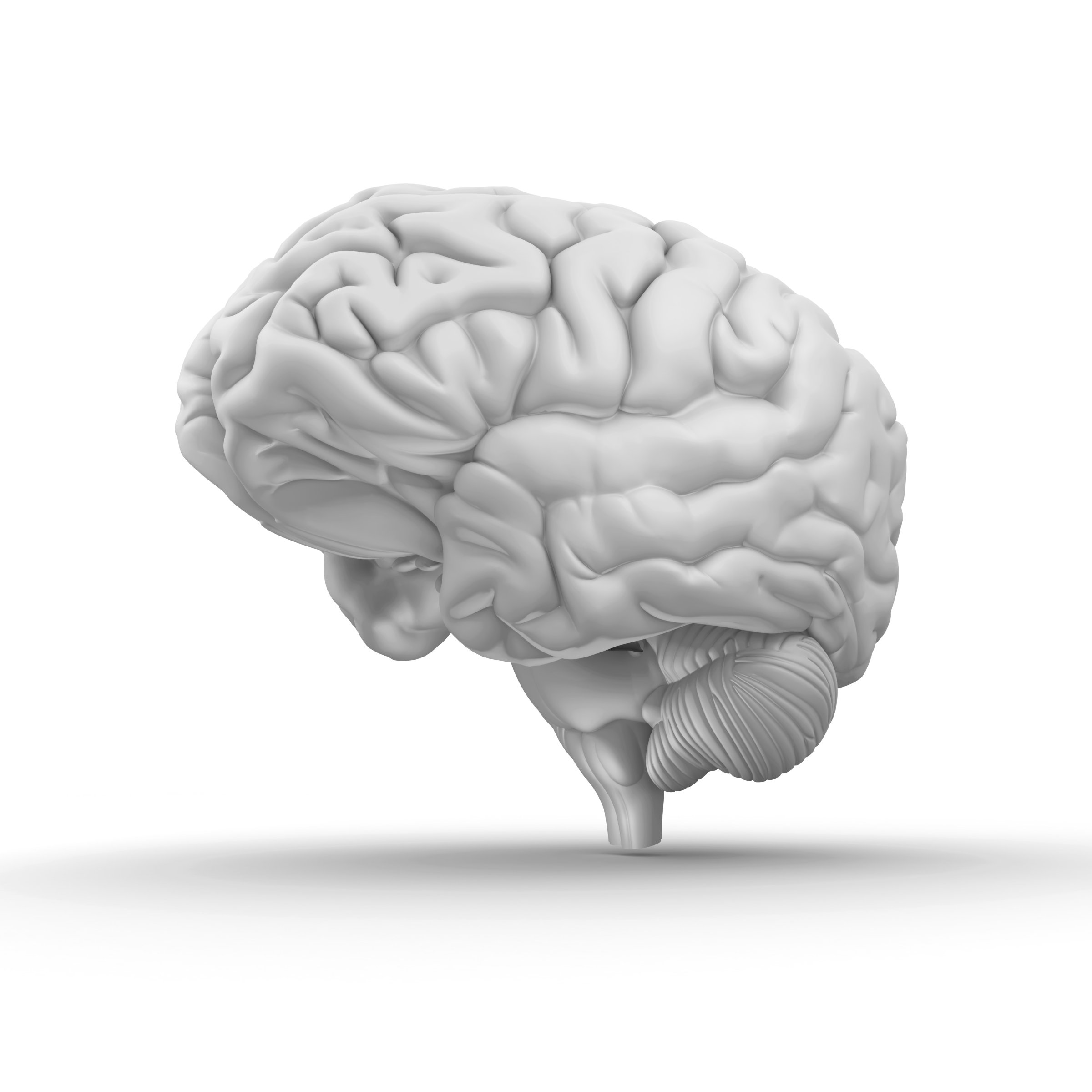
How much of our intelligence is a genetic gift or the product of hard work is difficult, perhaps impossible, to know for sure. But for our brains to perform their best, new research suggests, it’s better to believe that effort trumps heredity.
Researchers publishing in the journal Biological Psychology wanted to know what happens in the brain when people receive the message that their performance is the result of native intelligence versus the fruits of hard work. Previous studies have found that the latter seems to prompt people to work even harder the next time, while the former has a dampening effect on performance. But it’s unclear what either message triggers in the brain to cause those outcomes.
This time around, two groups of study participants were outfitted with electroencephalogram (EEG) headgear and asked to read two different articles about intelligence. One article conveyed the message that intelligence is solidly genetic; the other that brilliance is born of a challenging environment with very little genetic influence.
The study participants were then told to complete a computer task while their brain activity was recorded.
The EEG results revealed that the group given the article supporting a genetic basis for intelligence showed the highest levels of attention paid to their responses on the task, indicating an especially high concern for performance. But members of this group didn’t recover well from errors, indicating that their elevated attention upfront didn’t translate into consistently applied attention when the going got rough.
In contrast, the group given the article arguing that genetics play a minor role in intelligence showed the highest levels of attention after each error, and their recovery from mistakes became increasingly more efficient as the task went on.
The researchers think that by coloring the participants’ mindsets about intelligence, they changed how their brains responded to challenges. Believing that intelligence is hardwired seemed to elevate a concern for performance, but did nothing to boost actual performance when the task became harder. Believing that intelligence is forged through difficulty, on the other hand, seemed to increase attention paid to mistakes, with the result of improving performance.
The takeaway: How we’re predisposed to think about problems changes the way our brains handle them. Beyond the abilities we’ve inherited, the most important factor in achievement may be believing that it’s within reach.
David Disalvo is the author of Brain Changer: How Harnessing Your Brain’s Power to Adapt Can Change Your Life and the best-selling What Makes Your Brain Happy and Why You Should Do the Opposite, which has been published in 10 languages. His work has appeared in Scientific American Mind, Forbes, Psychology Today, The Wall Street Journal, Slate, Salon, Esquire, Mental Floss and other publications.
More Must-Reads from TIME
- Why Trump’s Message Worked on Latino Men
- What Trump’s Win Could Mean for Housing
- The 100 Must-Read Books of 2024
- Sleep Doctors Share the 1 Tip That’s Changed Their Lives
- Column: Let’s Bring Back Romance
- What It’s Like to Have Long COVID As a Kid
- FX’s Say Nothing Is the Must-Watch Political Thriller of 2024
- Merle Bombardieri Is Helping People Make the Baby Decision
Write to David DiSalvo at disalvowrites@gmail.com